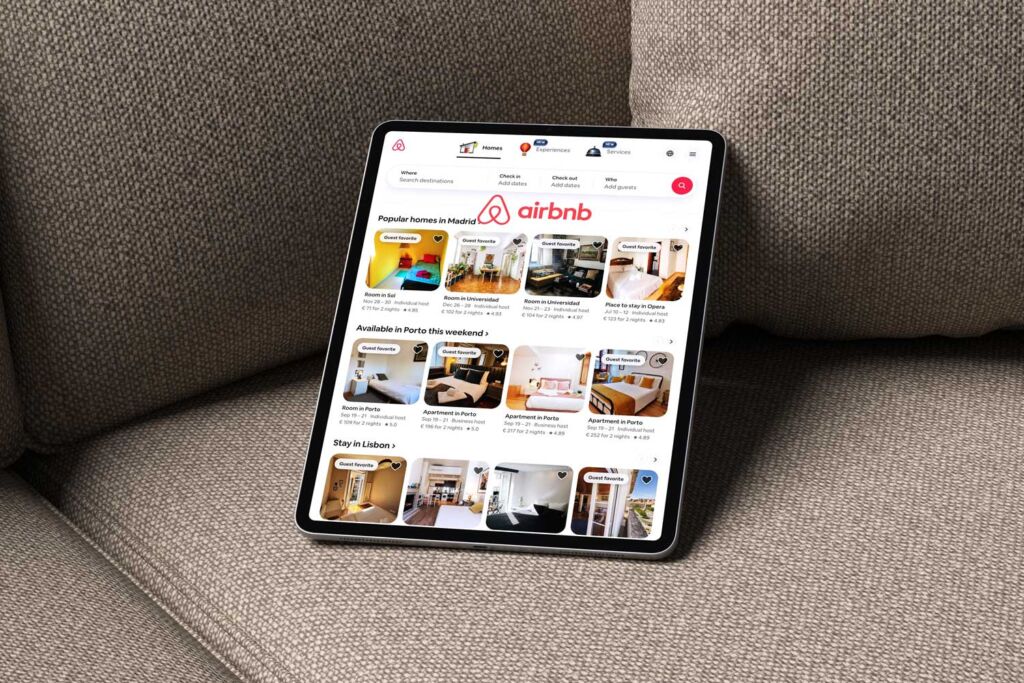Temporary Kitchen vs Airbnb: Which Is Cheaper After Damage?

Temporary Kitchen vs Airbnb: Which Is Cheaper After Damage?
When your kitchen is unusable after flood, fire or a major leak, should you book an Airbnb or hire a temporary kitchen pod? We compare costs, comfort and what insurers actually cover in Cornwall & Devon.
If your kitchen is out of action after a flood, fire or major leak, you’ve got two main options: move out (Airbnb or hotel) or bring in a
temporary kitchen/kitchen pod
and stay at home. Let’s compare the real costs, day‑to‑day comfort, and what insurers will typically approve.
The Cost of Airbnb vs Kitchen Pod Hire
Costs vary by season, party size and location, but a side‑by‑side comparison shows why pods often win for longer repairs.
| Item | Kitchen Pod (stay at home) | Airbnb (move out) |
|---|---|---|
| Accommodation | £X/week pod hire (4 weeks = £4X) | £Y/night (28 nights = £28Y) |
| Food costs | Normal grocery shop | Often higher (limited cooking, more takeaways) |
| Travel / school runs | Unchanged | Potentially longer journeys from rental |
| Pets | Stay at home | Pet‑friendly listings cost more |
| Hidden costs | Minimal | Cleaning fees, service fees, deposits |
*Exact costs depend on dates and availability. Ask us for a written quote to compare against local Airbnb rates.
Comfort & Convenience Compared
- Routine: With a pod you keep your beds, school runs and pets—life stays normal. Airbnb/hotels mean packing up and relocating.
- Cooking: A pod gives you a full kitchen (hob, oven, sink, fridge‑freezer). Many short‑lets limit cooking or space.
- Privacy: No sharing of communal areas or parking with hosts/other guests.
- Flexibility: Pod hire can extend if repairs overrun; holiday rentals may be booked for the next guest.
What Insurers Cover
Most home policies include alternative accommodation after an insured peril (e.g., flood, fire). Many insurers will approve a
temporary kitchen where it keeps the family at home and costs less than moving out.
- We provide insurer‑ready quotes and can invoice insurers directly.
- Pods often cost less than weeks in short‑term accommodation—especially in peak season.
- Staying at home reduces disruption and secondary risks (storage, damage, security).
See our Insurance Claims page for the step‑by‑step process.
Cornwall & Devon Case Examples
Typical scenarios where pods save money and stress:
- Leak under kitchen floor (6 weeks): Drying equipment + re‑flooring. Pod ≈ fixed weekly rate; Airbnb costs surge in school holidays.
- Small kitchen fire (8 weeks): Smoke clean + replacement units. Pod keeps family at home; insurer avoids long hotel stays.
- Storm damage (4 weeks): Making‑safe + plastering. Pod avoids moving out during bad weather.
Which Option Is Best for Families?
If repairs take more than a couple of weeks, a kitchen pod usually wins on cost and convenience.
Short hotel stays can be fine for a few days, but for 3–10 weeks, staying at home with a full kitchen is typically cheaper and far less disruptive.
Conclusion
For most flood, fire or leak claims lasting several weeks, a temporary kitchen pod is the lower‑cost, lower‑stress choice.
It keeps your family at home, routines intact, and insurers happy.
Get a free quote or ask us for a written comparison to share with your insurer.